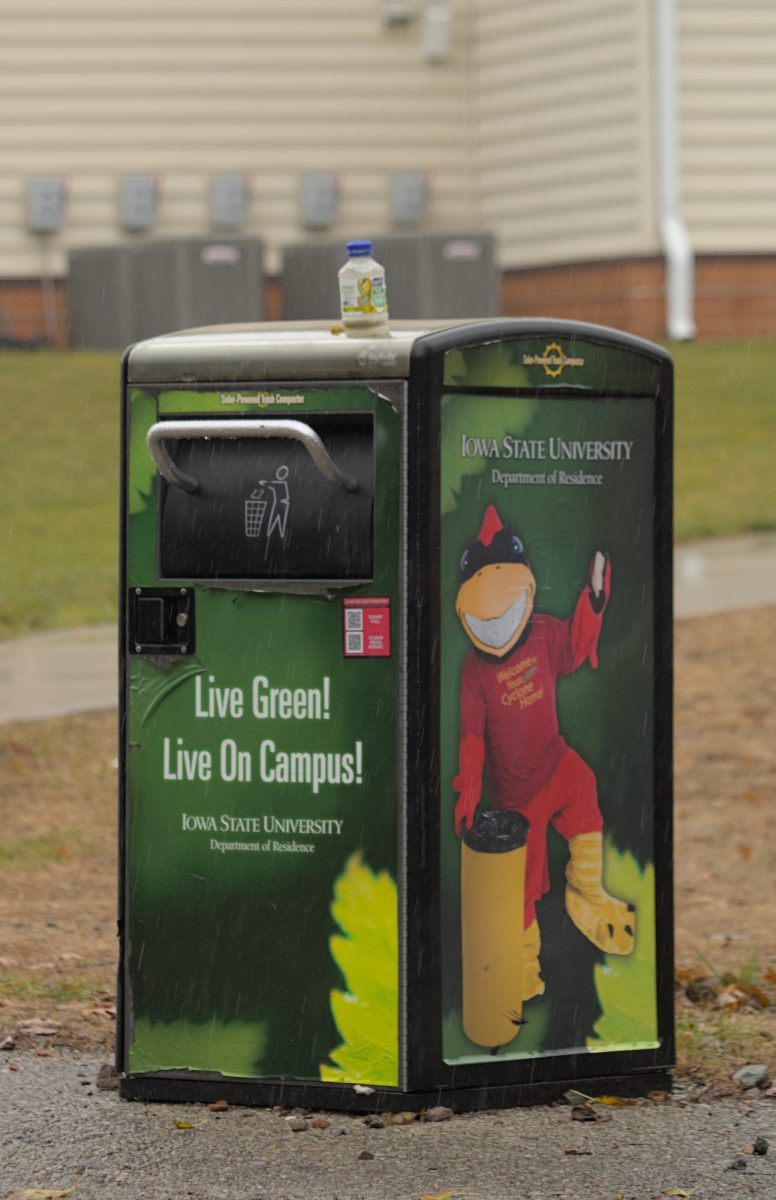COLUMN: Confidential medical records of ordinary citizens in danger of invasion
July 14, 2003
To most, the issue of medical privacy is an abstraction discussed only by medical professionals and policy wonks. Yet as a good friend of mine’s recent ordeal with obtaining security clearance shows, it is an issue with great potential to impact ordinary Americans.
My friend is not a terrorist or an anti-government malcontent, nor was the clearance she was applying for, with the Department of Energy, in any way extreme (she was applying for L-clearance, the lowest level). Rather, her only “crime” was being treated for depression, an offense enough to warrant bureaucrats with absolutely no medical credentials to demand the right to rifle through her most intimate medical records, including those of her hospitalization whereupon her depression was diagnosed several years ago.
My friend’s ordeal started when the DOE representative (who was not a medical professional) asked about her current diagnosis (major depression) and treatment regimen. Admitting her lack of understanding about the medical issues involved with my friend’s treatment, the representative nonetheless asked for my friend’s consent to talk to the medical professional responsible for overseeing her treatment.
It should be noted that, with treatment, my friend’s medical condition is fine and poses no threat to her ability to do her job — a cursory conversation with her doctor could ascertain this. However, what would seem to be a sufficient means to evaluate my friend’s current mental state proved to be just the beginning: a second interview with the DOE representative was scheduled, prompting uncomfortable questions by her coworkers. People were beginning to grow suspicious — what could my friend possibly be harboring that would require a second interview, something only done in incredibly rare cases?
At the interview, the representative now demanded my friend’s confidential hospitalization records to be turned over to the DOE and incorporated into her permanent file, where any individual with clearance (be they a medical professional or not) would have access to them. If she refused, the interview would be terminated on grounds of non-cooperation and my friend would be denied security clearance, greatly impacting her ability to do her job.
A release was handed to her along with a copy of the DOE policy on non-cooperation, where specific passages had been highlighted beforehand. Said my friend, “I’d felt like I’d been backed into a corner.” Part of the reason the DOE was so insistent about these private records, she felt, was because of how jealously she had originally guarded them to begin with.
What this represents however is an outrageous form of blackmail — my friend was handed a form which required her to sign away rights guaranteed by law on the veiled threat of being greatly impaired in her ability to do her job.
Caught between a rock and hard place, my friend attempted to forge a compromise — she would allow the records to only be released to the DOE-contracted psychiatrist. The representative proved reluctant to agree to such a compromise, arguing that they were necessary to evaluate my friend’s case, but nonetheless eventually agreed to this compromise. This did not protect her from having the entire file being reproduced in the report, nor would she retain any right to redact portions of the report upon review.
This alone hardly served to inspire confidence — rather, how candid could she really be without any sense of doctor-patient confidentiality, knowing everything she said could be reported back verbatim? This would seem to undermine the openness and honesty such a process is designed to foster.
At this point, my friend was visibly shaken and upset, having been traumatized by the ordeal of having to discuss what was a very personal matter compounded by the de facto coercion exercised to convince her to sign away her most intimate medical records. The DOE representative attempted to console her, telling her that signing over such records would only serve to help her case. She then proceeded to launch into the specifics of another case quite similar to that of my friend’s, further undermining her confidence in how private these records would be kept.
The DOE has a legitimate interest in assuring that employees with clearance are both in sound mental health and not capable of being blackmailed. Yet heavy-handed tactics like this only serve to embarrass and humiliate those with serious conditions, having the perverse effect of discouraging them from seeking treatment. Without guarantees on medical privacy that aren’t easily overruled by administrative fiat, individuals with serious conditions will prove reluctant to be candid with medical professionals, should they seek out treatment at all. As my friend put it, “They made me feel like a security threat because of a disease I have.”
This principle is nothing new — as recently as last May, Buena Vista County Attorney went on a fishing expedition for treatment records of women who had visited Planned Parenthood clinics in nearby Storm Lake after discovering the body of a mangled newborn child abandoned in a recycling bin. Clearly, should the subpoena have stood, many women would no longer frequent such clinics and thus not received vital pre-natal care, if only because they knew their most confidential medical records would not be protected from prying eyes.
Likewise, had my friend known that she would be subjected to such intense scrutiny, it is likely she may not have sought out treatment. Yet had she not done so, it is likely she would not be alive today, begging the question — at what point do we truly resolve to protect the privacy of the most intimate medical records?
Her case is in no way unique —ÿwith millions of Americans suffering from already under-diagnosed ailments like depression, why should we only serve to erect further barriers to treatment? Why should the demand of unqualified bureaucrats be held in higher regard than the most basic guarantees of privacy which at times is all that stands between getting much-needed help and not doing so?
To undermine the medical privacy of others, be it through “voluntary” consent forms, subpoenas, or outright bad laws is nothing less than a public policy prescription for catastrophe.






